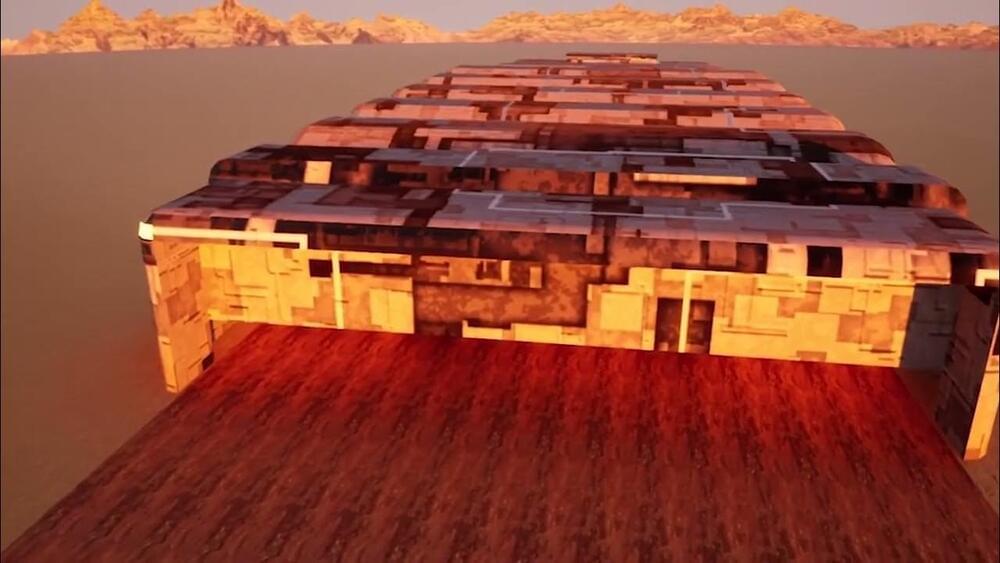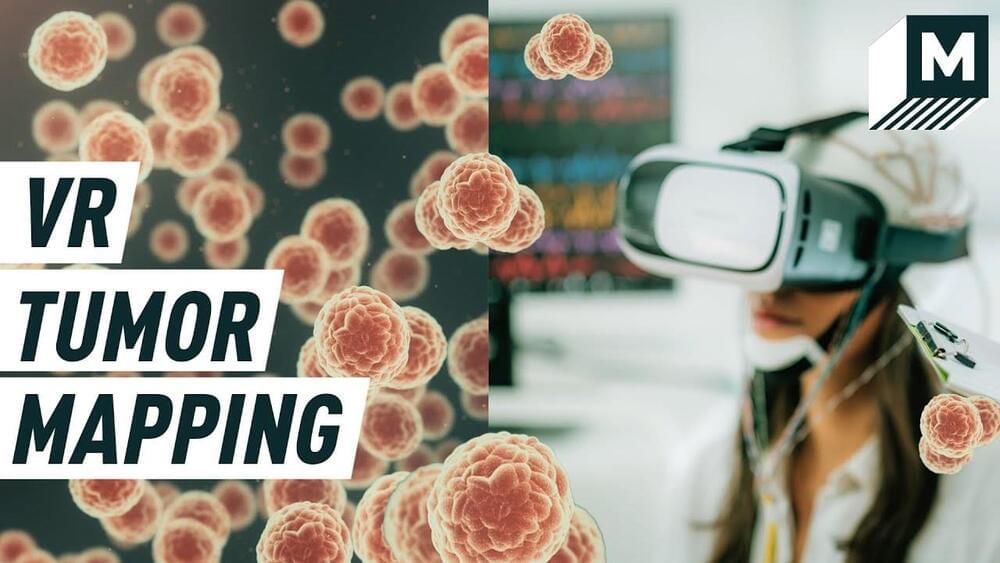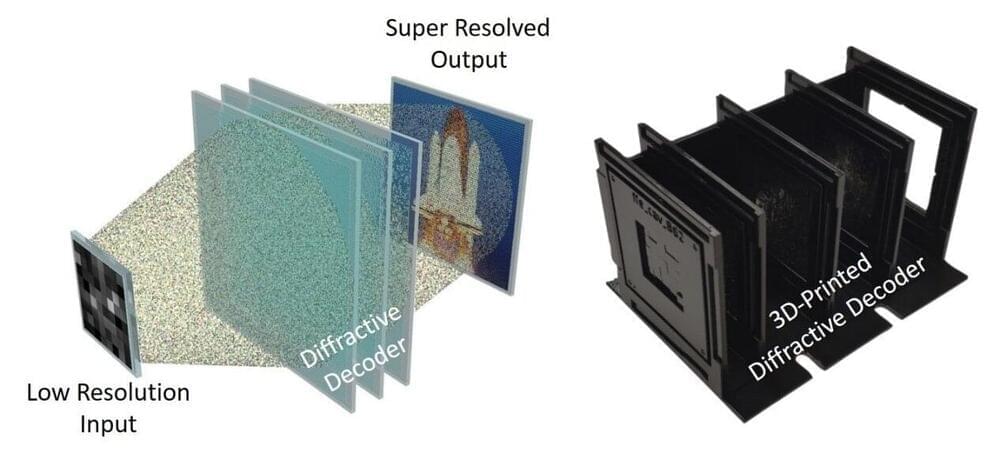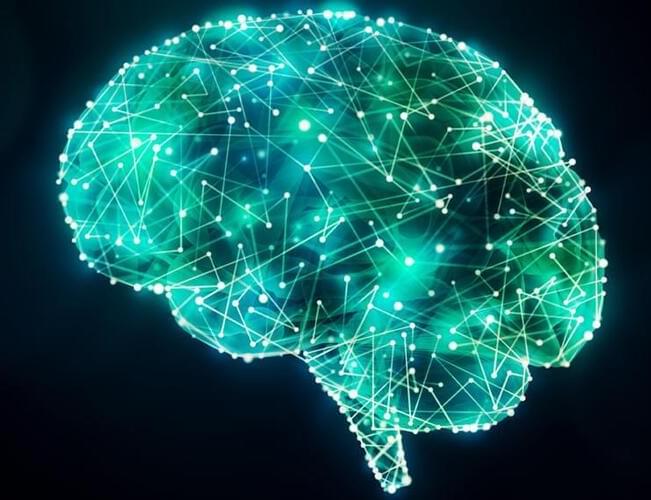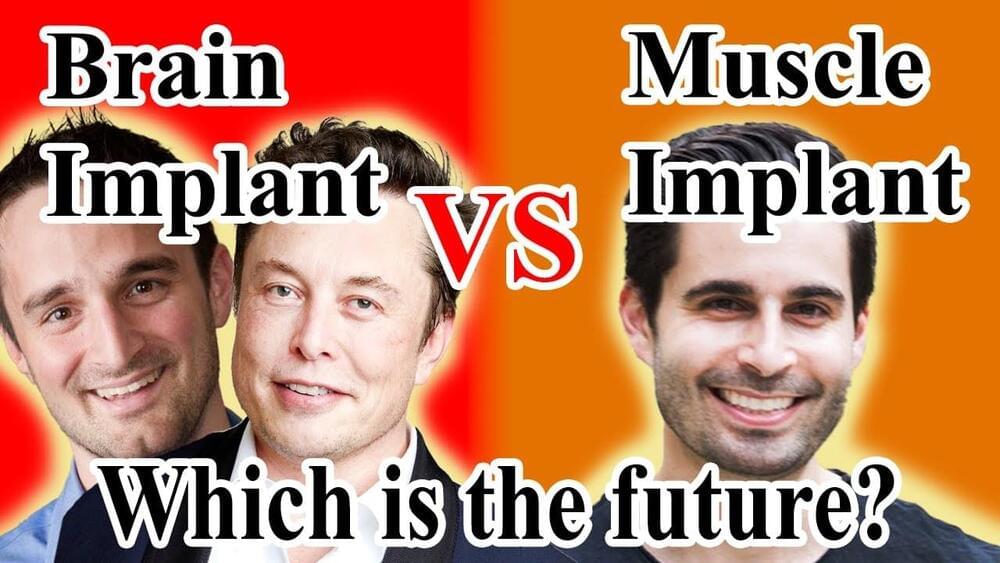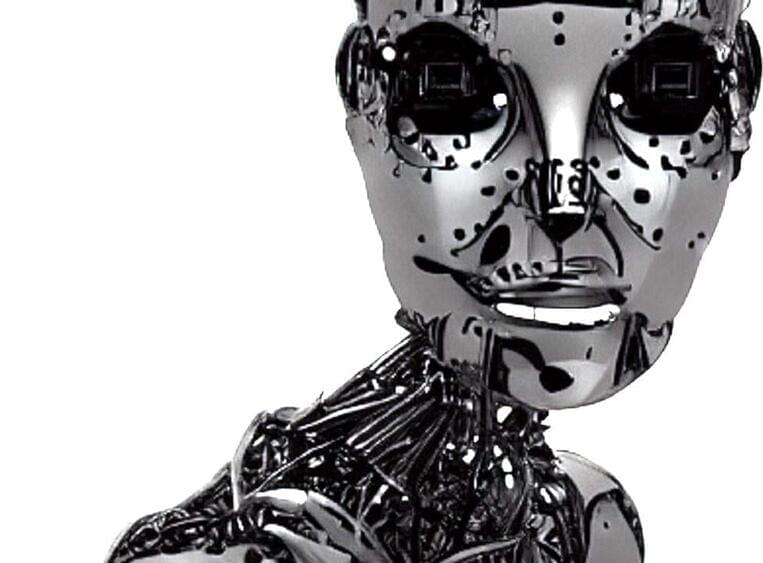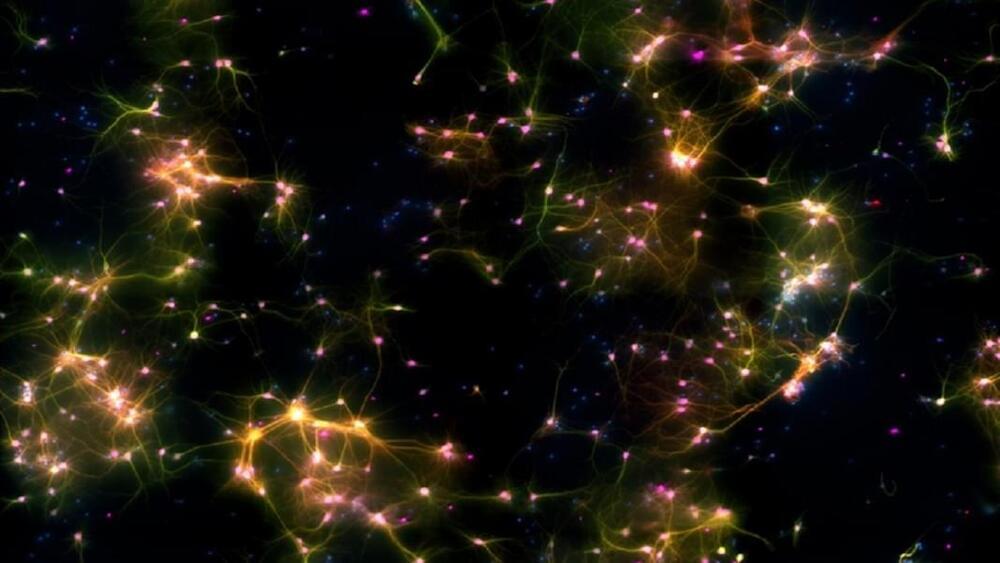Dec 15, 2022
Honda says VR is changing how it designs cars. You might not notice
Posted by Kelvin Dafiaghor in categories: biotech/medical, virtual reality
Honda is pulling away from a design practice that’s (literally) shaped auto making since the ’30s.
The $43 billion company still depends on life-size clay models to evaluate its designs, a tried and true method pioneered by GM designer Harley Earl. But Honda is gradually relying less on the practice, ever since the Coronavirus tore across the globe and resulting lockdowns divided its teams in Los Angeles, Ohio and Japan. The way Honda tells it, those early 2020 travel rules “threatened” its designers’ ability to work with engineers on the ’24 Prologue, creating a window for a deeper dive into virtual reality.

